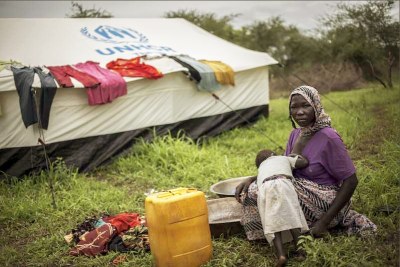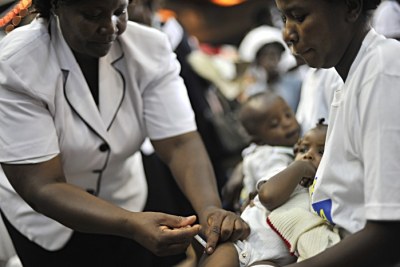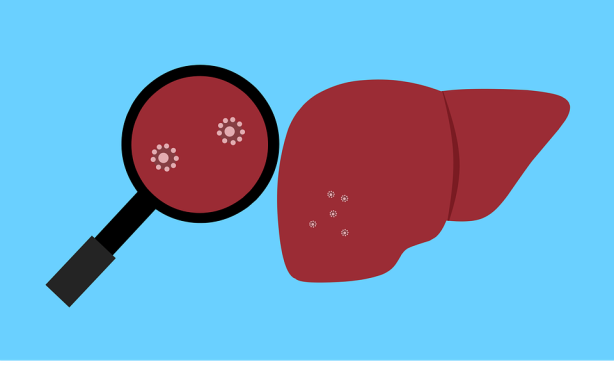-
Nigeria: Nigeria Dallies As World Races to End Hepatitis Disease By 2030
Premium Times, 28 July 2021
While countries such as Rwanda, Uganda and Benin Republic have established free testing for hepatitis, access to hepatitis testing and treatment in Nigeria comes at a cost. Read more »
-
Africa: This Is No Time to Neglect Hepatitis - 70 Million Africans Are Infected
The Conversation Africa, 27 July 2021
In 2016, the World Health Organisation (WHO) set an ambitious target to eliminate viral hepatitis by 2030. This was followed by commitments from governments - including African… Read more »
-
Nigeria: World Hepatitis Day - Undiagnosed, Untreated Hepatitis Kills 124,000 Africans Annually - WHO
Premium Times, 28 July 2021
Hepatitis is a silent epidemic with more than 90 million people living with the disease in Africa. Read more »
-
Africa: 'Hepatitis Can't Wait' - WHO Commemorates World Hepatitis Day 202
WHO, 28 July 2021
Today, WHO joins the global community in celebrating World Hepatitis Day with the theme "Hepatitis can't wait", calling on all countries to work together to eliminate viral… Read more »
-
Sudan: Hepatitis E Spreads in Sudan's Tigray Refugee Camps
SudaNow, 26 July 2021
26 July 2021 - Cases of hepatitis E are spreading across camps in Gedaref and Kassala states, Eastern Sudan, infecting hundreds of refugees from Tigray and posing a risk to local… Read more »
-
West Africa: West Africa's Liver Cancer Cases Linked to Hepatitis
DW, 24 July 2021
Liver cancer is strikingly prevalent in West Africa. Specialists point to high rates of hepatitis as a likely cause, but the region is not well equipped to deal with the epidemic. Read more »
'This Is No Time to Neglect Hepatitis in Africa'
In 2021, World Hepatitis Day is marked under the theme "Hepatitis Can't Wait". It is a clear call to improve efforts towards eliminating a disease that globally kills one person every 30 seconds.
Many African countries that committed to eliminating the disease have either not ratified their guidelines or not increased access to hepatitis care. Of the 47 countries in the WHO Africa region, 28 have developed national plans to eliminate the disease. However, only 13 countries have disseminated them.
The childhood vaccine given at birth is effective, but in many rural and remote parts of Africa over 40% of children are still unable to get the vaccines when they need them. Reasons for this include erratic vaccine supplies and outdated vaccination schedules. These challenges have been further compounded by the Covid-19 pandemic, which has eroded some of the gains that had been made in the past few years. With movement restrictions and social distancing as part of the responses to curb the spread of infections, people have been less able to use services to prevent and cure hepatitis and other diseases.
In Africa, 70 million people are infected and 200,000 die annually from hepatitis. This is despite the availability of treatment. There are different forms of hepatitis - A, B, C, D, and E - each attributed to a different type of virus. Unfortunately, most people who have the most serious forms of the disease, particularly the B and C viruses, are unaware of the infection. This allows the infection to spread unchecked, leading to serious damage to the liver.
In 2016, the World Health Organisation (WHO) set an ambitious target to eliminate viral hepatitis by 2030. This was followed by commitments from governments - including African countries - to develop national strategic plans for viral hepatitis and earmark resources to eliminate the disease.
InFocus
-
A project worth close to U.S.$230,000 was launched by the Embassy of Japan, the World Health Organization and the Namibia's Ministry of Health and Social Services in an effort to ... Read more »
-
Uganda has become the first and only country in Africa to reach and surpass the World Health Organisation's 2020 target of ensuring access, treatment and public awareness of ... Read more »






